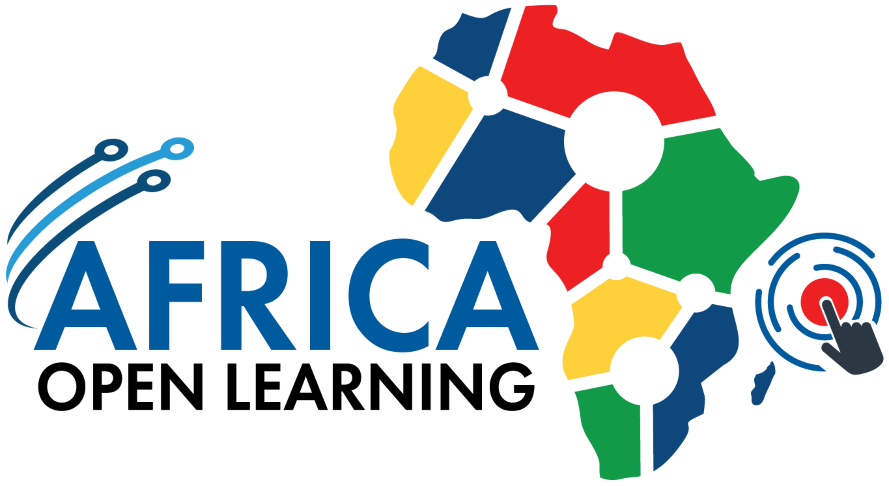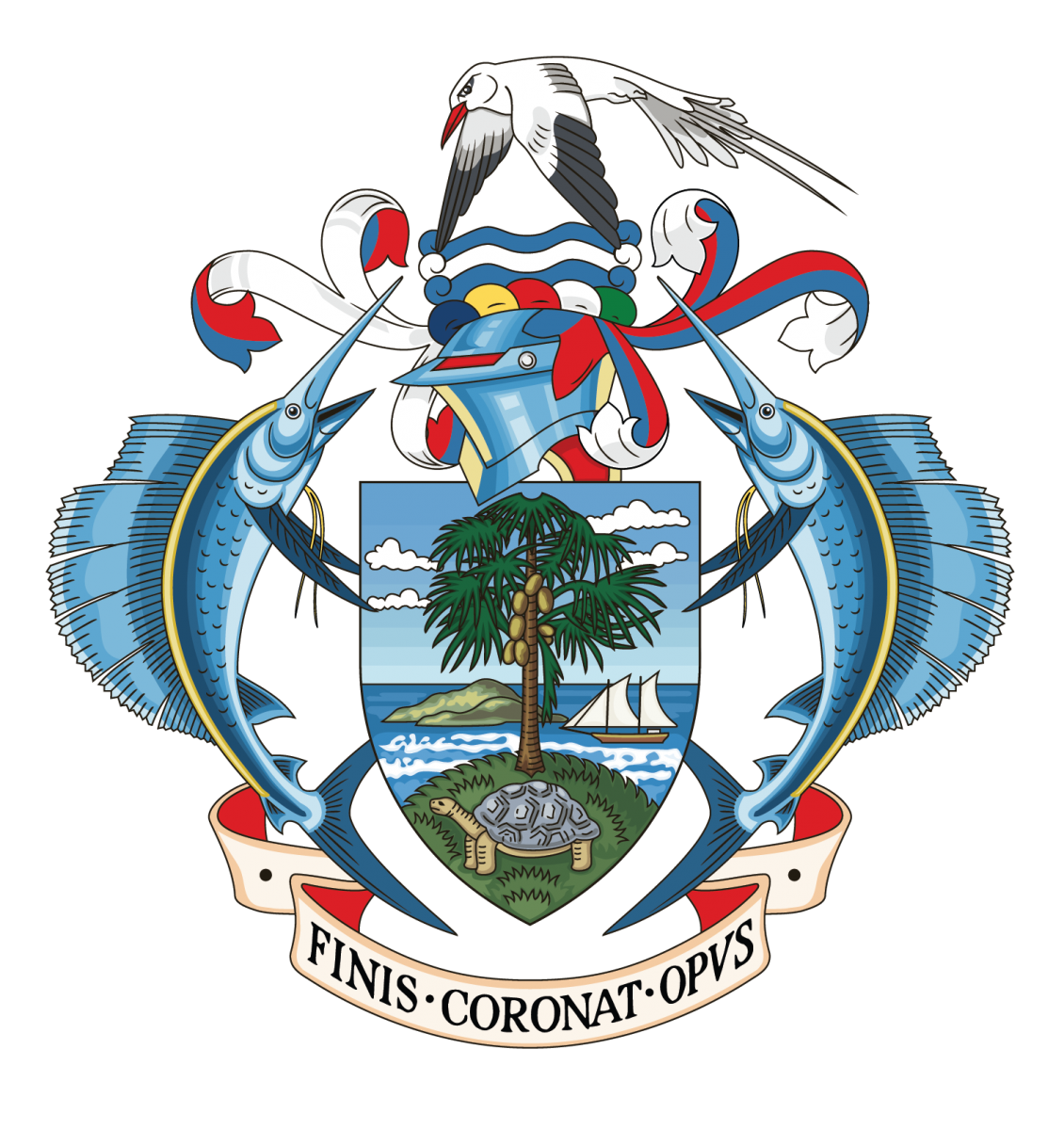Flexible Learning That Enhances Your Potential
Micro-credential certification in Biological Psychology PSY1034 (BPSY)
Overview:
Awarding Body:
 This programme is designed, delivered, assessed and awarded by SEGi University through the Africa Open Learning Platform.
This programme is designed, delivered, assessed and awarded by SEGi University through the Africa Open Learning Platform.
Endorsement & Recognition:
Discipline:
Psychology
Entry Requirements:
Entry Requirements - No
Age Experience - 23 Years Above
Language Proficiency - Yes
Numeracy Proficiency - No
Pre-requisites - No
Contents:
- Biopsychology as a Neuroscience: What Is Biopsychology, Anyway
- Biopsychology
- Research characterize Biopsychological approach
- Division of biopsychology
- Evolution, Genetics, and Experience: Thinking about the Biology of Behavior
- Human Evolution
- Fundamental genetics
- Intercation between genetics and individual differences
- Genetic and psychological differences
- Anatomy of the Nervous System: Systems, Structures, and Cells That Make Up Your Nervous System
- general layout of the nervous system
- Cells of the nervous system
- Spinal Cord
- Major structures of the brain
- Neural Conduction and Synaptic Transmission: How Neurons Send and Receive Signals
- Resting membrane potential; Postsynaptic potentials
- Synaptic Transmission; Neurotransmitter
- The Visual System: How We See
- Lights to Retina; Retina pto primary cortex
- Seeing edges and colors; Cortical mechanisms of vision and conscious awareness
- Mechanisms of Perception: Hearing, Touch, Smell, Taste, and Attention: How You Know the World
- Sensory system
- Auditory system
- Somatosensory system
- Chemical senses
- Selective attention
- The Sensorimotor System: How You Move
- Sensory motor function
- Sensory motor association cortex
- Motor cortex
- Cerebellum and Basal Ganglia
- Sensory motor spinal circuits
- Central sensory motor program and learning"
- Development of the Nervous System: From Fertilized Egg to You
- phases of neurodevelopment
- postnatal development; effects of postnatal development
- Neuroplasticity
- Disorders in neurodevelopment
- Brain Damage and Neuroplasticity: Can the Brain Recover from Damage?
- Causes of brain damage
- Neurological diseases
- Responses to nervous system damage
- Treatment of CNS damage
- Learning, Memory, and Amnesia: How Your Brain Stores Information
- Amnesic Effects of Bilateral Medial Temporal Lobectomy
- Hippocampus in memory
- where are memories stored
- Synpatic mechanisms of learning and memory
- Hunger, Eating, and Health: Why Do Many People Eat Too Much?
- Digestion, energy storage, and energy utilization; Theories of hunger and eating
- Body weight regulation; Anorexia and Bulimia Nervosa
- Sleep, Dreaming, and Circadian Rhythms: How Much Do You Need to Sleep?
- Stages of sleep; Effects of sleep deprivation; Circadian sleep cycles
- Four areas of the brain involved in sleep; Drugs that affect sleep
- Sleep disorder; Effects of long-term sleep reduction"
- Drug Use, Drug Addiction, and the Brain’s Reward Circuits: Chemicals That Harm with Pleasure
- Basic principles of drug action
- Role of learning in drug tolerance
- Five commonly abused drug
- Biopsychological research on addiction
- Lateralization, Language, and the Split Brain: The Left Brain and the Right Brain
- Cerebral lateralization of function
- The split brain
- Left and right hemisphere
- Cortical localization of language; Wernicke-Geschwind model
- Cognitive neuroscience in language and Dyslexia
Assessments:
Coursework - 60%
Exam - 40%
Credit Transfer:
Upon successful completion of this Micro-credential certification in Biological Psychology (BPSY), students will be able to transfer grades and credits into the following programme(s):
- Bachelor of Psychology
Continuing Education:
Upon successful completion of this Bachelor of Psychology programme and meeting the necessary entry requirements, students will be able to progress into the following programme(s):
- Master of Psychology

